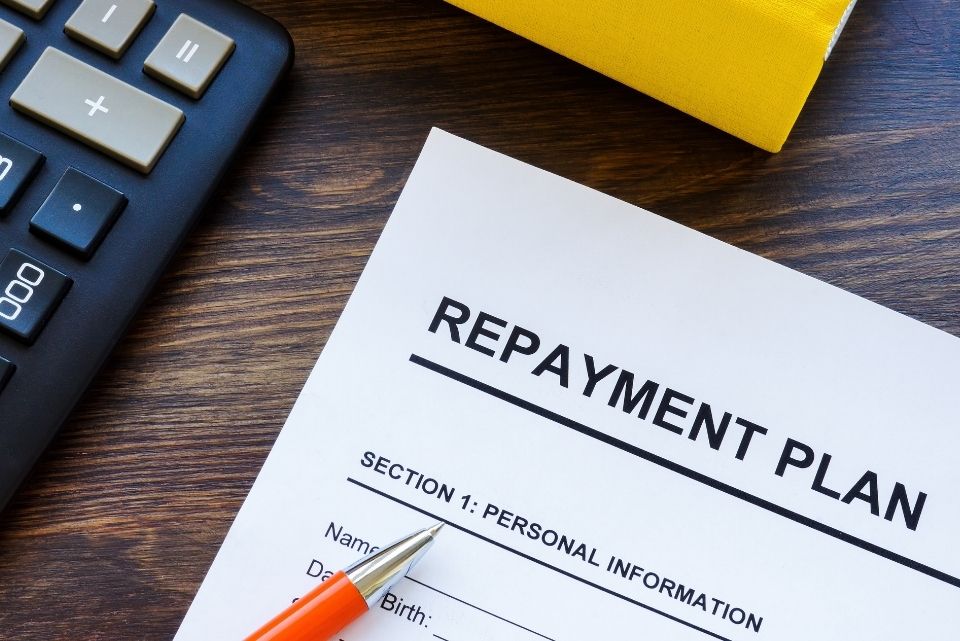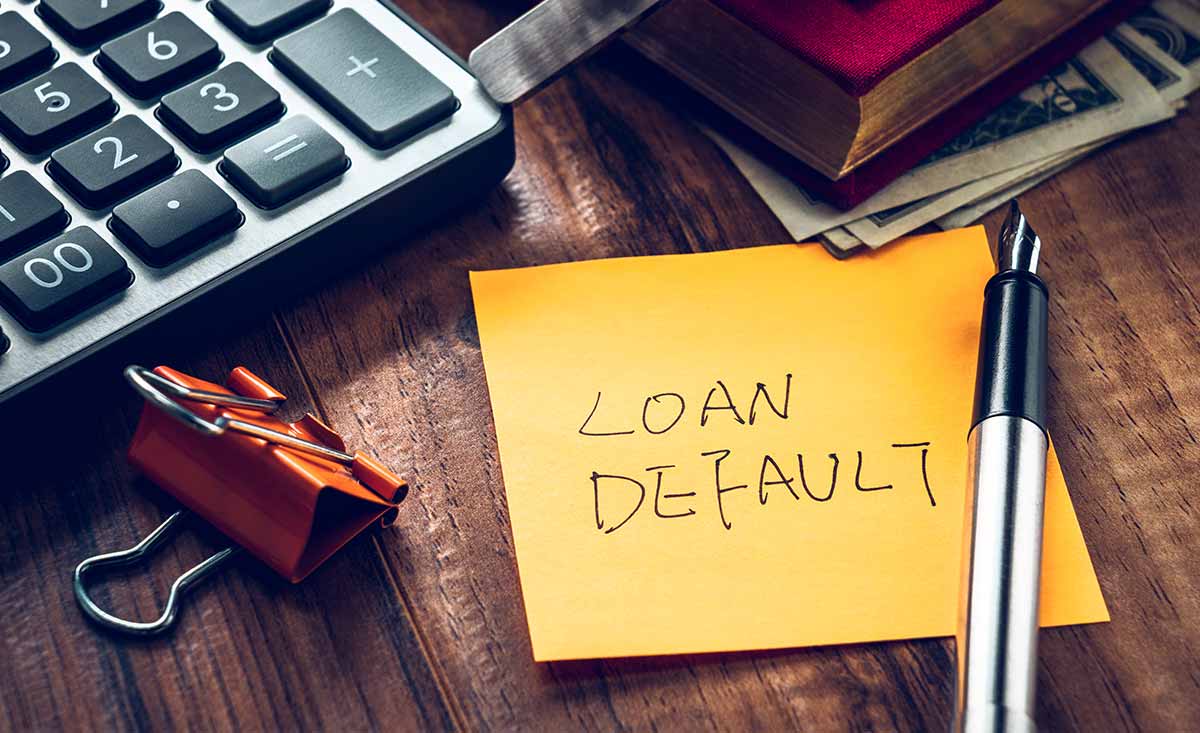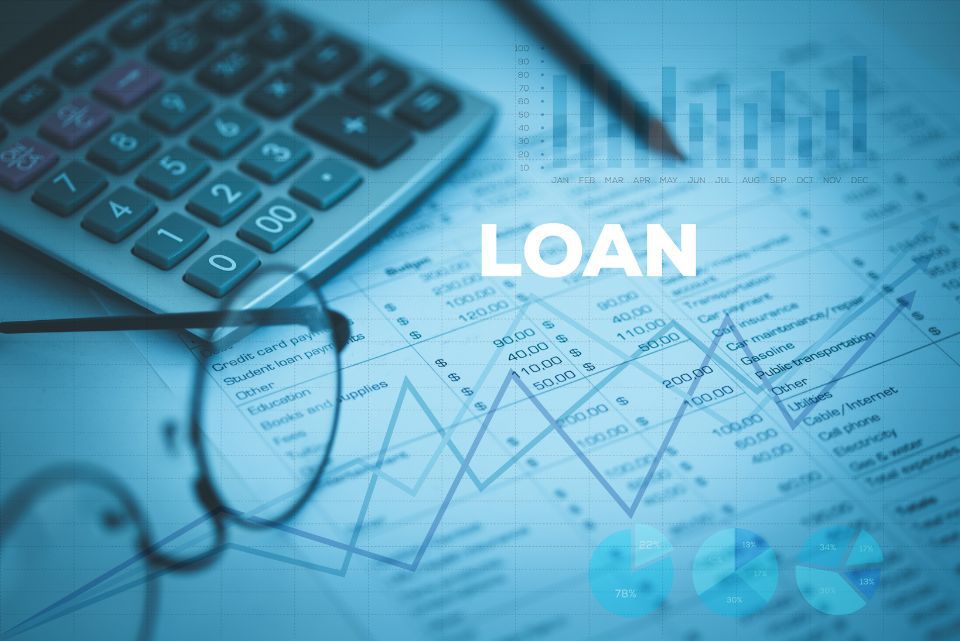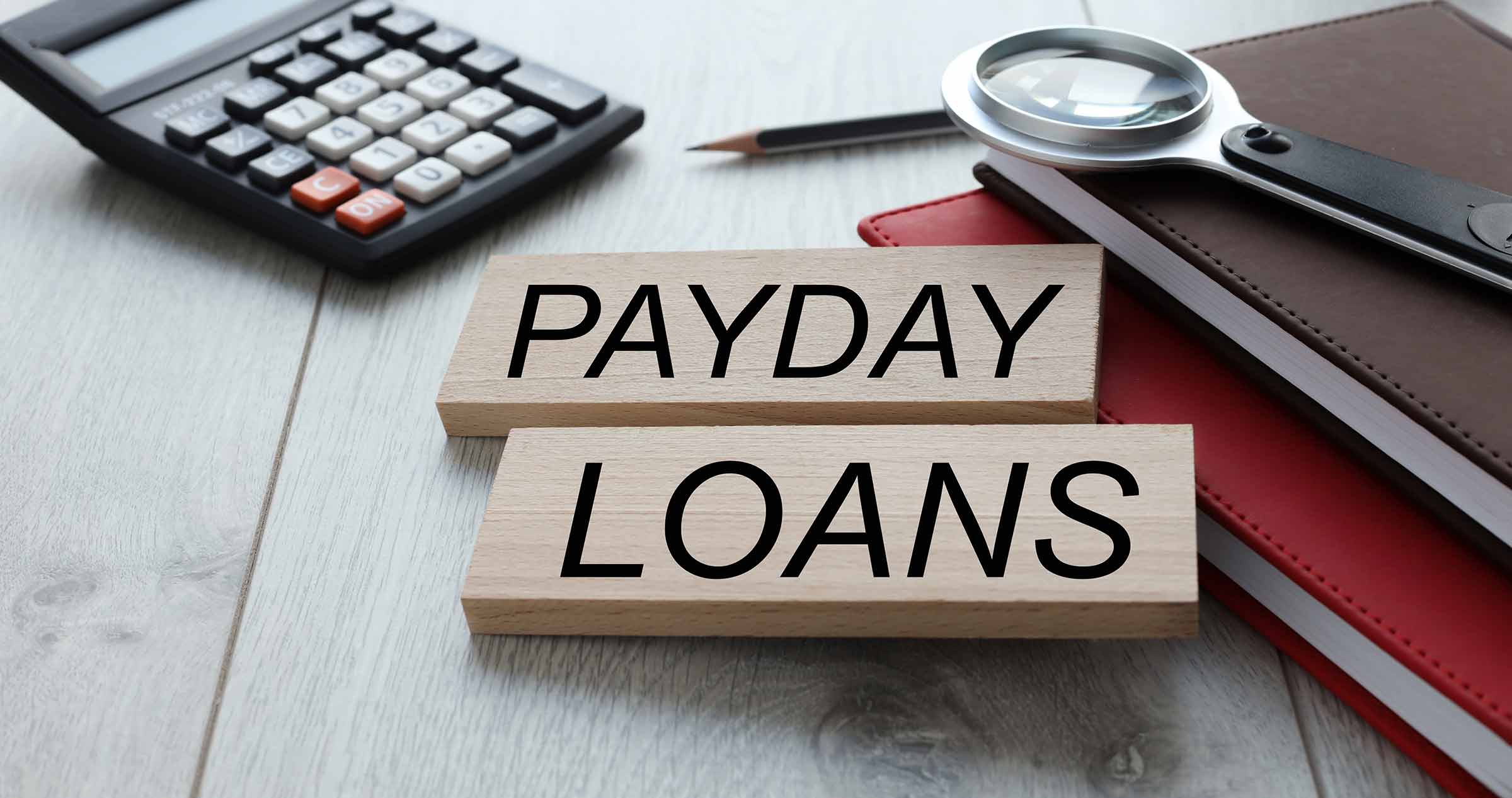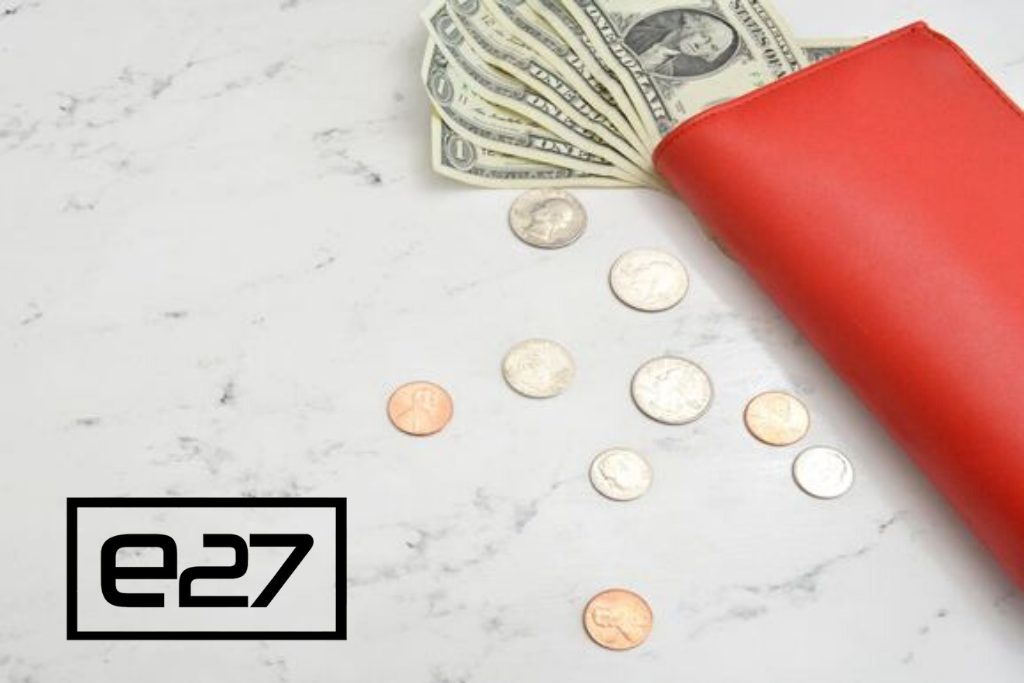
For many Singaporean homebuyers, the issue of “How much loan can I actually secure from a bank?” arises as an urgent concern. Because it depends on so many different personal details, this question doesn’t have a universally correct response.
To properly prepare for a house purchase, you must have a firm grasp of how financial institutions establish your loan eligibility. You can often borrow up to 75% of the property’s worth from Singaporean banks. The precise amount you can receive, however, is conditional on your own financial circumstances.
In this piece, we’ll look closely at the factors that banks mostly use to determine loan amounts. Your income, present debts, credit score, and the property’s worth are some of the many criteria that determine your home loan alternatives. So that you can get your house loan, let’s have a look at these things.
A Home Loan: What Is the Maximum Amount You Can Borrow?
The first step in buying a property is figuring out how much money you’ll need. To do this, you must be aware of your disposable income and the amount you are able to borrow from financial institutions. With this information in hand, you can narrow down your home search to match your budget. However, how can lenders assess your ability to borrow money?
Here in Singapore, the loan-to-value (LTV) ratio dictates how much you can borrow to buy a house. Typical loan-to-value (LTV) ratios offered by banks are up to 75%. This implies that the lenders will choose the LTV ratio that you are qualified for based on your income, debts, and credit history. The remaining 25% of the cost of the home can be paid for using a combination of cash and your Central Provident Fund (CPF). You’ll need at least 5% cash on hand and up to 20% from your CPF Ordinary Account (OA).
| Outstanding House Loan | LTV Limit | Minimum Cash Downpayment |
| No outstanding debt | 75% or 55% | 5% down payment for an LTV of 75 |
| 1 outstanding loan | 45% or 25% | 25% |
| 2 outstanding loans | 35% 0r 15% | 25% |
Depending on your current debt load, your acceptable LTV ratio can change. If the loan term is longer than 30 years, the LTV ratio may need to be adjusted.
Lenders will give you a loan amount based on how much they think you can consistently pay back. In order to easily handle the loan repayments, it is crucial that you do a thorough assessment of your financial condition.
Making the Most of a House Loan Calculator
In order to properly prepare for the purchase of a home, it is vital to use a home loan calculator. It makes it easier to comprehend the EMIs (employee monthly payments) that are required to repay your loan. Home loan calculators are useful for more than just figuring out EMIs; they can also help you make better decisions. This is how it can be of service to you:
Finding the Optimal Home Loan Offer
A home loan calculator enables you to sift through various bank offers by showing you how different interest rates affect your monthly repayments and the loan’s duration. Using this comparison, you will be able to identify the loan conditions that are most acceptable for your current financial circumstances, guaranteeing that you select the most appropriate offer.
Assessing Affordability
By inputting various home prices into the calculator, you can explore different borrowing scenarios. By doing so, you are able to determine what you are actually capable of affording, ensuring that your home buying is in line with your financial capabilities and preventing you from exceeding your budget.
Understanding Down Payment Implications
The calculator illustrates how the size of your down payment influences the amount you need to borrow. A larger down payment reduces your loan requirement, and playing around with different down payment figures can help you decide the best amount to put down upfront.
Budgeting for Your Home Purchase
Understanding the down payment and monthly payments helps you plan and save accordingly. To guarantee that you are financially ready for this large investment, you should review your current financial status and create a budget for the purchase of a home with the assistance of a house loan calculator. This will ensure that you are completely prepared.
Through the provision of precise information and the provision of the opportunity to experiment with a variety of interest rates and loan amounts, the use of a house loan calculator eliminates the uncertainty that is associated with the process of purchasing a property. With this information at your disposal, you will be able to make a choice that is not only well-informed but also in line with your financial constraints.
What is the LTV Ratio?
The loan-to-value (LTV) ratio is a crucial factor in determining the amount you can borrow from a bank for a home purchase. The LTV ratio caps at 75%, allowing you to borrow up to three-quarters of the property’s value.
For the remaining 25%, it’s split into a mandatory 5% cash payment and a 20% portion that can be covered using your CPF Ordinary Account (CPF OA). For instance, if you’re eyeing a HDB flat priced at $500,000, the bank could lend you $375,000. You would then need to use $100,000 from your CPF OA for the downpayment, along with a $25,000 cash payment. The Monetary Authority of Singapore stipulates that the downpayment cannot be financed through additional loans.
However, banks do not guarantee the maximum LTV they offer. Several factors influence the final LTV ratio you qualify for:
Outstanding Loans
The presence of outstanding loans affects your LTV ratio. With one existing loan, you might only receive a loan covering 45% of your home’s value, with 55% payable through a combination of cash and CPF funds. More than two outstanding loans further reduce the LTV to 35%.
Loan Tenure and Age
The loan tenure also impacts the LTV ratio. For tenures exceeding 30 years or extending past the borrower’s 65th birthday, the LTV may be limited to lower thresholds.
Property Lease: The remaining lease of the property affects LTV. Properties with 36 to 40 years left on the lease can qualify for a 60% LTV, with a portion payable using CPF savings. Homes with less than 35 years on the lease might not qualify for a loan.
Property Condition and Location: The LTV can vary based on the property’s condition and its location. A lower LTV might be offered for properties in less desirable areas or those in poor condition.
Credit Score: A good credit score is essential for securing a favourable LTV ratio. A history of defaults or late payments can lead to a reduced LTV.
Cash Over Valuation (COV): If a property is priced above its market value, the difference is known as COV and must be covered in cash.
Understanding these factors can help you better prepare for your home loan application and navigate the financial aspects of purchasing a home.
What is the overall ratio of debt service payments?
The Total Debt Servicing Ratio (TDSR) represents the portion of your gross income allocated towards repaying debts, including the home loan you’re applying for. The Monetary Authority of Singapore mandates that your TDSR shouldn’t surpass 55% of your monthly earnings.
Lenders are able to evaluate your ability to manage debt without overextending your financial resources with the assistance of this guideline. By dividing your total debt obligations by your gross income, you can easily calculate your total debt service ratio (TDSR).
Banks take into account potential increases in interest rates when calculating your TDSR to ensure your debt levels remain manageable even if rates rise. For those with fluctuating incomes, banks may apply a lower TDSR to account for income variability. If you’re looking to boost your TDSR, consider co-applying for the home loan with your spouse, which can increase the combined gross income considered in the TDSR calculation.
How To Lower Your LTV Ratio
If you’re aiming for a smaller loan from your bank, lowering your loan-to-value (LTV) ratio is a strategic move. Here’s how you can achieve a lower LTV:
Opt for a larger downpayment.
Increasing your initial deposit reduces the loan amount you need from the bank. A substantial downpayment is an effective way to minimise your borrowing needs.
Choose a More Affordable Property
Opting for a property that’s within a more modest budget, combined with a significant downpayment, can also lower your LTV ratio.
Understanding the maximum loan you’re eligible for from a bank is crucial before embarking on your home search. Utilising a home loan calculator and the insights shared here can guide you to make well-informed decisions as you proceed with buying a property.
For the best loan options, consider Crawfort. Whether it’s financing the deposit for your new home or any other financial needs, Crawfort stands as a reliable licensed money lender. Get in touch with us or apply for a loan today to take the next step towards securing your dream home.





























